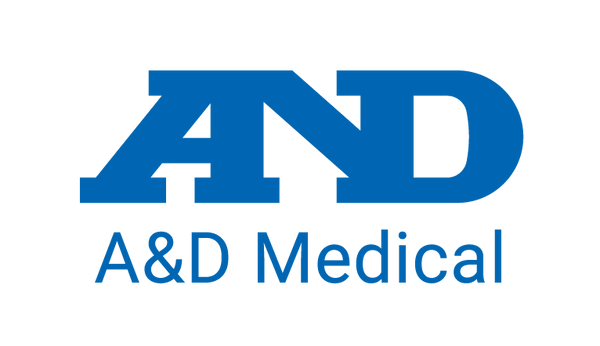What is Hypertension?
Hypertension, or high blood pressure, happens when the force of blood against artery walls is too high. It’s often called the “silent killer” because it usually doesn’t show symptoms but can harm vital organs over time, leading to serious issues like heart disease, stroke, and kidney problems.
The Impact of Hypertension
Hypertension affects people of all ages and backgrounds. Factors like genetics, diet, exercise, and stress can raise the risk. It damages arteries and strains the heart, leading to heart disease, heart attacks, and even brain damage, increasing the chances of strokes.
Know Your Numbers
Regularly checking your blood pressure is crucial. The ideal readings are usually less than 120/80 mmHg. High readings may signal hypertension. By tracking your numbers and making healthy lifestyle changes like eating better, exercising, limiting alcohol, and managing stress, you can lower your risk of complications.
Preventing Hypertension
- Eat a balanced diet rich in fruits, vegetables, whole grains, and lean proteins. Limit salt intake, as it can raise blood pressure.
- Get regular exercise, aiming for at least 30 minutes most days of the week. Physical activity helps keep your heart and blood vessels healthy.
- Maintain a healthy weight. Being overweight or obese increases the risk of hypertension.
- Limit alcohol consumption. Too much alcohol can raise blood pressure.
- Quit smoking. Smoking damages blood vessels and increases the risk of hypertension and other cardiovascular diseases.
- Manage stress through relaxation techniques such as meditation, deep breathing exercises, or hobbies that you enjoy.
- Get enough sleep. Poor sleep habits can contribute to high blood pressure.
Understanding Hypertension and taking action through initiatives like “Know Your Numbers” can empower us to protect our heart health and well-being.

